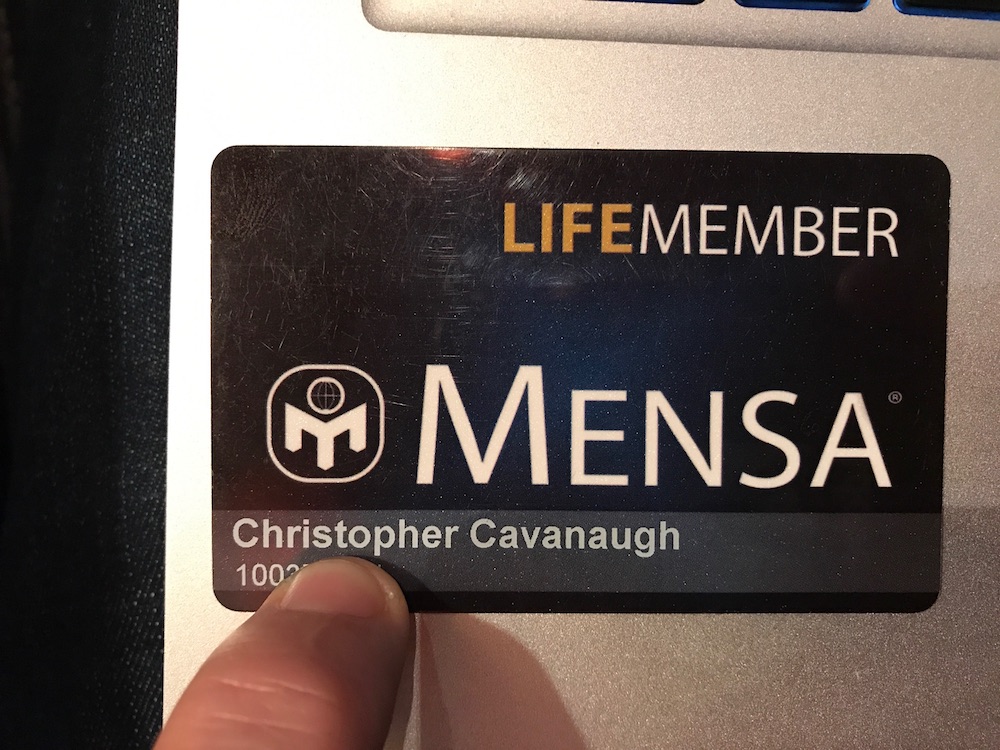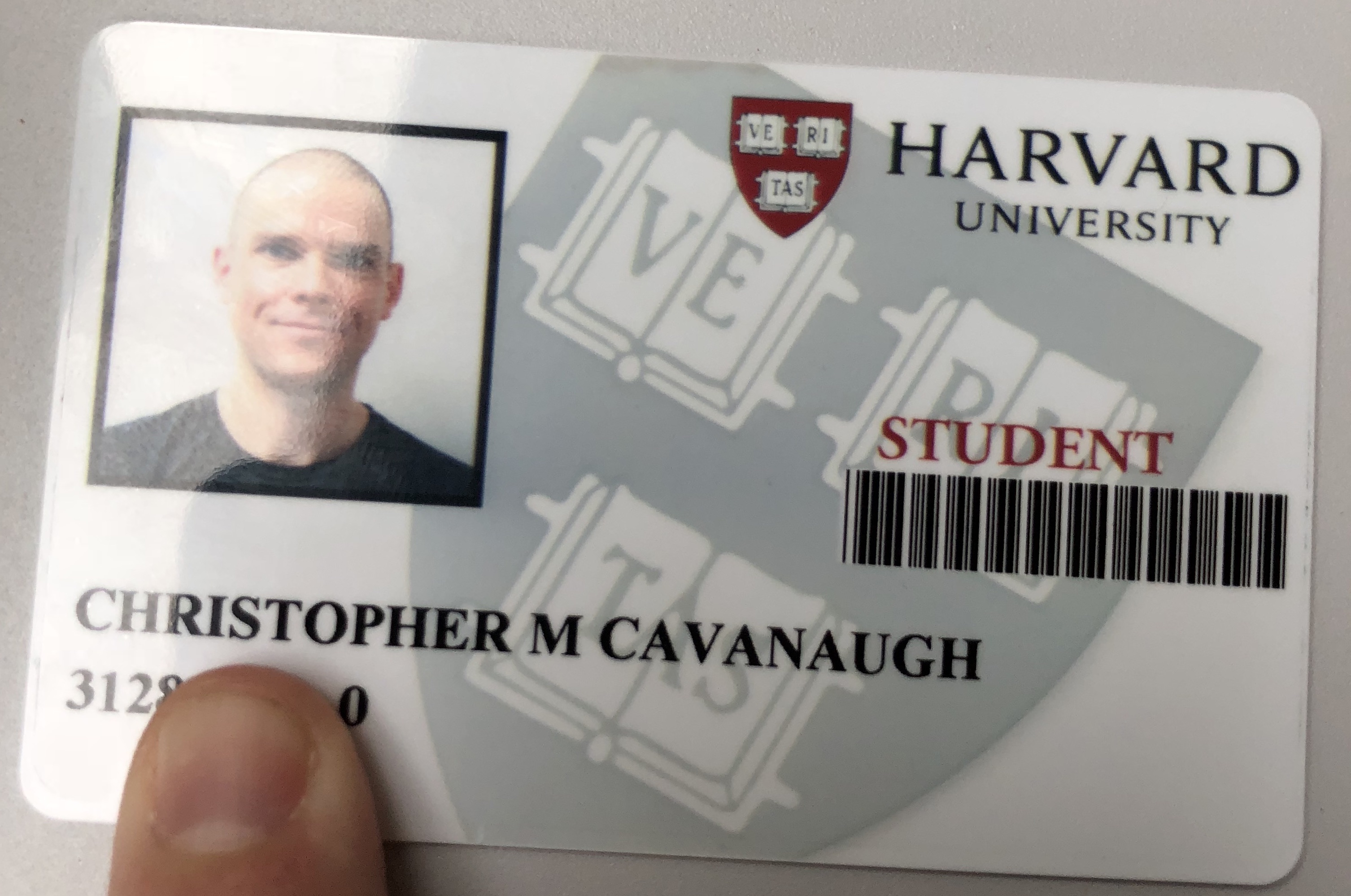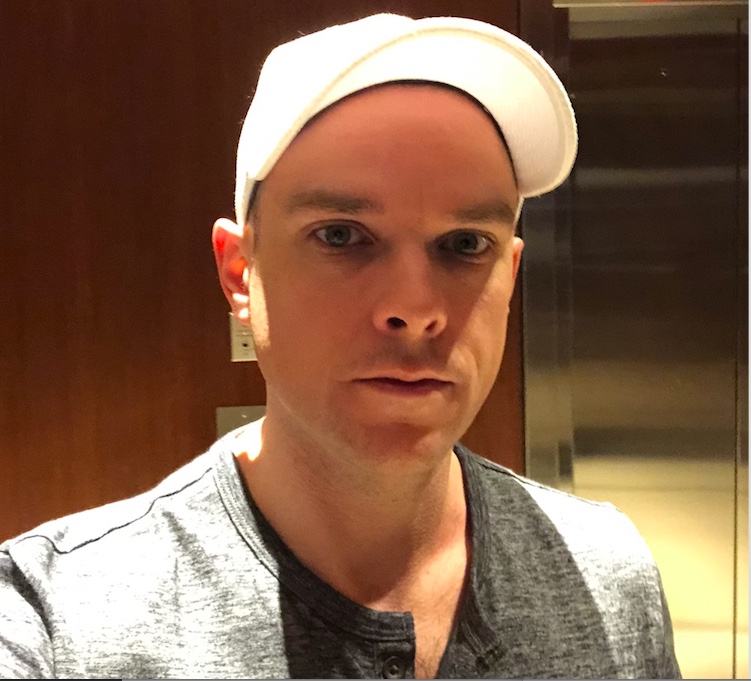
How Do People With IQs Over 180 Act and Think?
Lending some experience and insights from within the High IQ community.
Author: Christopher Matthew Cavanaugh
Published: September 18th 2018
Edited: October 4th 2018
“How do people with IQs over 180 act and think?”
[Note: The original Quora question concerned research by an author for developing a fictional “genius” type character.]
My answer:
A biographical investigation into exemplars may suggest traits for your character.
You may want to list out notable people with high intelligence. These are not always famous physicists, mathematicians, scientists, and philosophers, but some are, so I would include them. More interestingly, you should include those who are not.
Once you have a list of people, do the following:
Watch YouTube interviews with them. (not videos about them, but videos of them speaking). See Richard Feynman (unknown IQ, although he said it is 126. He is a prodigy, ignore those claims), Bertrand Russell, and others.
Read interviews and articles by members of the elite high IQ societies, such as Mega and others. Mega has a journal with many contributions, from authors you could investigate: The Mega Society.
Read about the Terman Study.
Here’s a good interview:
Read classic papers on the topic of the needs of the profoundly gifted. This will give you some insight into their thinking and behavior as well. “The Outsiders”, by Grady Towers (late member of Mega, article via the Prometheus Society), is a classic:
The Outsiders | Grady M. Towers
This should give you some more to work with. Here’s one additional article on the exceptionally gifted:
http://www.mattanaw.com/exceptgt.pdf
While I am not in the HighIQ range you are looking for (you are looking for folks in the millionth percentile), I have received feedback from very smart people indicating that some may share the characteristics listed in my article here:
The Burden of Having Too Many Ideas
Another popular article these days is “The Inappropriately Excluded”, which discusses the trouble some very intelligent people have with maintaining suitable employment.
Relatedly, there is this article from the Mega Society on having too many aptitudes. Very smart people can be into everything and often resist specialization. Some can master multiple fields and do not like to be constrained by narrow occupations.
The Too Many Aptitudes Problem
Perhaps this can guide you to imagine how extremely intelligent people might behave, although these articles are skewed towards the special needs of intelligent people. Most have unique needs but that shouldn’t cause one to assume any great dysfunction. It depends on the individual like with anyone else.
I would say the best sources are real life interviews with highly intelligent people, as mentioned above.
By the way, it is wise to avoid advice from charlatans on Quora or other websites. Stick to journal articles for research. People are highly motivated to exaggerate their scores, and if anyone does tell you their score, you should confirm at least Mensa level membership. People who cannot confirm that are suspicious. A Mensa membership does not imply a score of 180, and a score at that level is not verifiable due to mathematical limitations (This is true above 160 SD 15. More specifically, for above a 1/30,000th rarity, 99.997th percentile). If anyone tells you they have a score at or above this they are likely lying to you. Any round figure provided is unlikely (there is less than a 1/10th likelihood even if the person actually took a valid IQ test). 140,150,160,170,180 are the numbers immediately grasped by liars and exaggerators. [See my Mensa card below, and feel free to mail me at my Mensa email address: christopher.matthew.cavanaugh@member.mensa.org. Email verification depends on uptime of Mensa’s email service. Either way, the card, that does not expire, is adequate. Others will usually provide no verification at all.] You can also check out a few of my accomplishments that can be found on my public facing resumé on Linkedin.

My Mensa Lifetime Membership ID.

My Harvard ID. (No more shaving my head before getting ID photos taken, lol!)
Answer also available here on Quora: https://www.quora.com/How-do-people-with-an-IQ-over-180-act-and-think/answer/Christopher-Matthew-Cavanaugh
You can also verify my Harvard affiliation by mailing me at my Harvard email here: cmcavanaugh@g.harvard.edu.
[Mattanaw was not the author of the Quora question. Only the answer.]

I am a retired executive, software architect, and consultant, with professional/academic experience in the fields of Moral Philosophy and Ethics, Computer Science, Psychology, Philosophy, and more recently, Economics. I am a Pandisciplinarian, and Lifetime Member of the High Intelligence Community.
Articles on this site are eclectic, and draw from content prepared between 1980 and 2024. Topics touch on all of life's categories, and blend them with logical rationality and my own particular system of ethics. The common theme connecting all articles is moral philosophy, even if that is not immediately apparent. Any of my articles that touch on "the good and virtuous life" will be published here. These articles interrelate with my incipient theory of ethics, two decades in preparation. This Book and Journal is the gradual unfolding of that ethic, and my living autobiography, in a collection of individual books that fit into groups of book collections.
This Book and Journal is already one of the largest private websites and writings ever prepared, at nearly 1 million words, greater than 50,000 images and videos, and nearly one terabyte of space utilized. The entire software architecture is of my creation. Issues of the book for sale can be found under featured. These texts are handmade by myself, and are of excellent quality, and constitute the normal issues of my journal that can also be subscribed to. The entire work is a transparent work in progress. Not all is complete, and it will remain in an incomplete state until death.
I welcome and appreciate constructive feedback and conversation with readers. You can reach me at mattanaw@mattanaw.com (site related), cmcavanaugh@g.harvard.edu (academic related), or christopher.matthew.cavanaugh@member.mensa.org (intelligence related), or via the other social media channels listed at the bottom of the site.